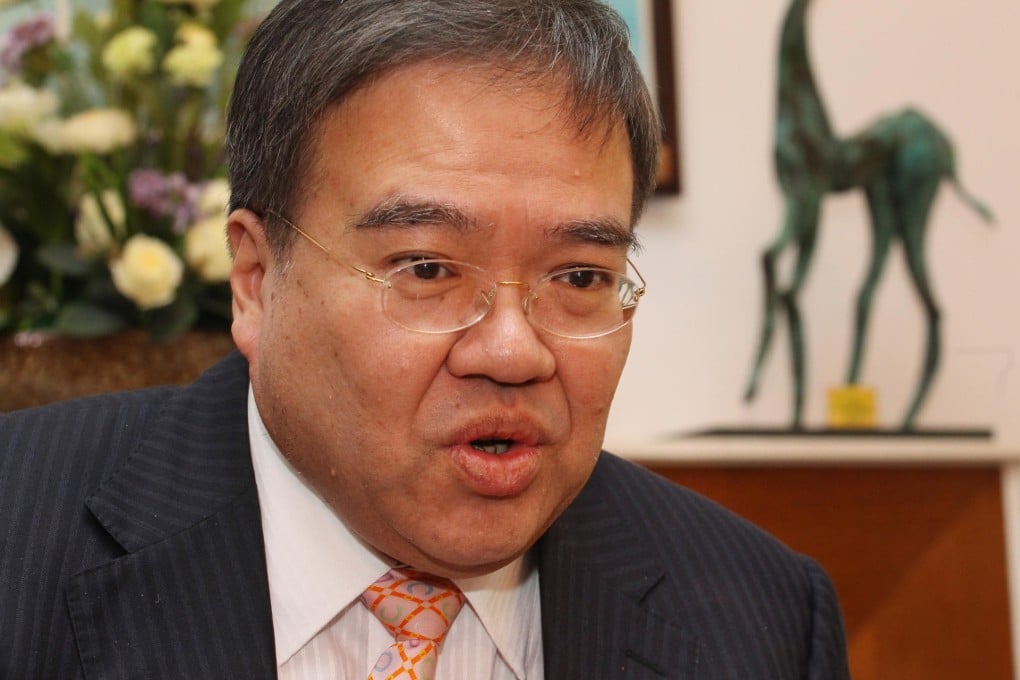Lai See | Anthony Wu pays the price of professional misconduct

At last the HKICPA's long-running disciplinary case against former Hospital Authority chairman Anthony Wu Ting-yuk is over with the announcement yesterday of the sanctions for his professional misconduct. Wu and the other defendants in the case, Ernst & Young (EY) and Catherine Yen Ka-shun, who is now a senior partner with EY, have the option to appeal. We suspect that while Wu might, the other two won't.
So did Wu get off lightly? He was struck off for two years and fined HK$250,000, while both EY and Yen were reprimanded and fined HK$150,000 and HK$100,000 respectively. In addition they have to pay the HKICPA's cost of the investigation which amounted to HK$2 million. Presumably EY will pay Yen's share of the HK$2 million costs but it is unclear whether it will also pay Wu's.
If not that leaves Wu with a HK$250,000 fine, a charge of HK$1 million for the HKICPA's costs plus his own legal fees, which presumably are no less than HKICPA's. This is not chump change. On the other hand, being struck off for two years is meaningless for Wu since he hasn't practised as an accountant since 2005.
In the meantime, while this case has been allowed to drag on for more than 10 years Wu has developed another career in public service helped by political friends in high places. Had he come under the ambit of the Securities and Futures Commission he might have felt more pain. Wu's professional misconduct relates to the collapse of the New China Hong Kong Group (NCHK) in 1999, owing creditors some HK$1.5 billion. Wu was managing partner of EY's China business in 1996, before becoming deputy chairman of the firm in 1998 and chairman in 2000, a position he held until the end of 2005.
Prior to its collapse Wu was financial adviser to NCHK and EY was auditor to NCHK. In so doing the disciplinary committee found that Wu breached the principle of maintaining the appearance of independence.
Wu told the South China Morning Post yesterday that guidelines, measures and practices today are quite different from those some 20 years ago and to use today's standard to judge those in the early 1990s is unreasonable and inappropriate.
